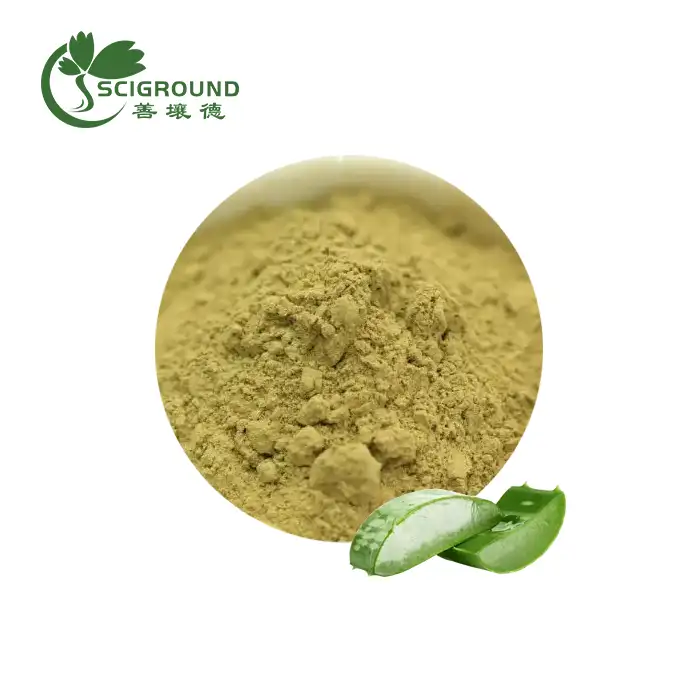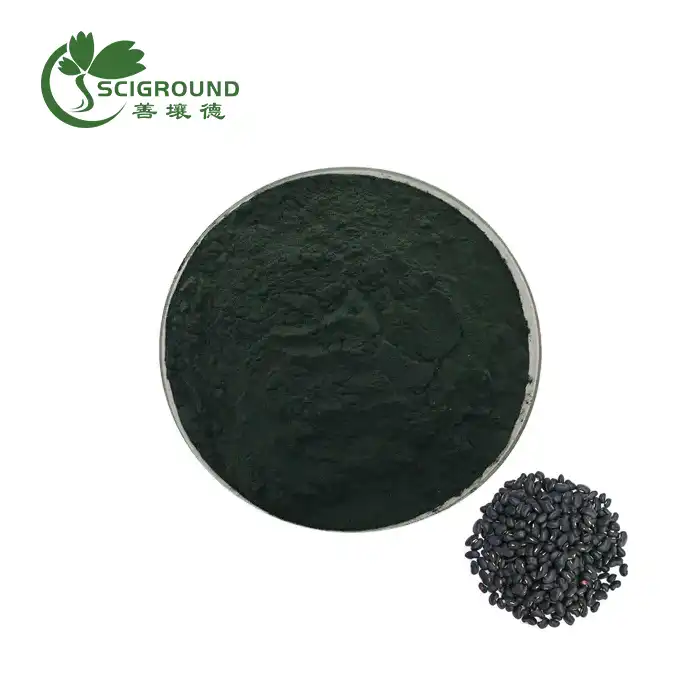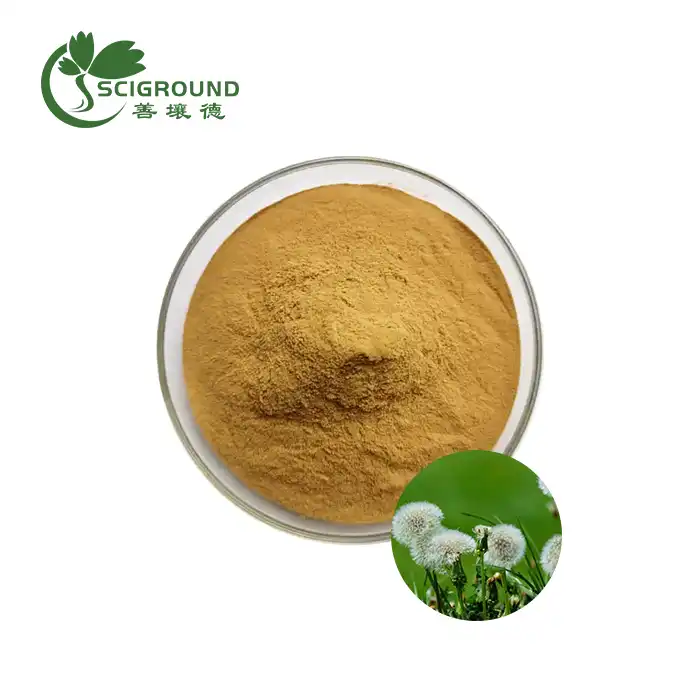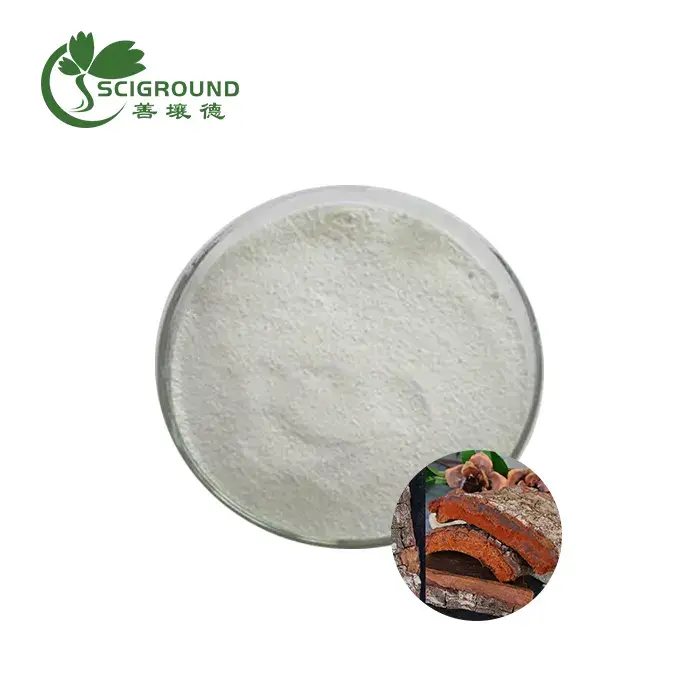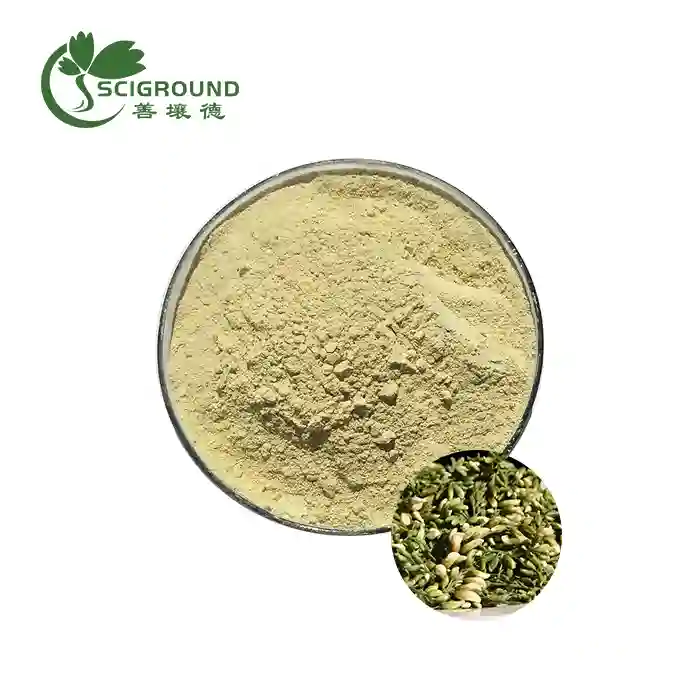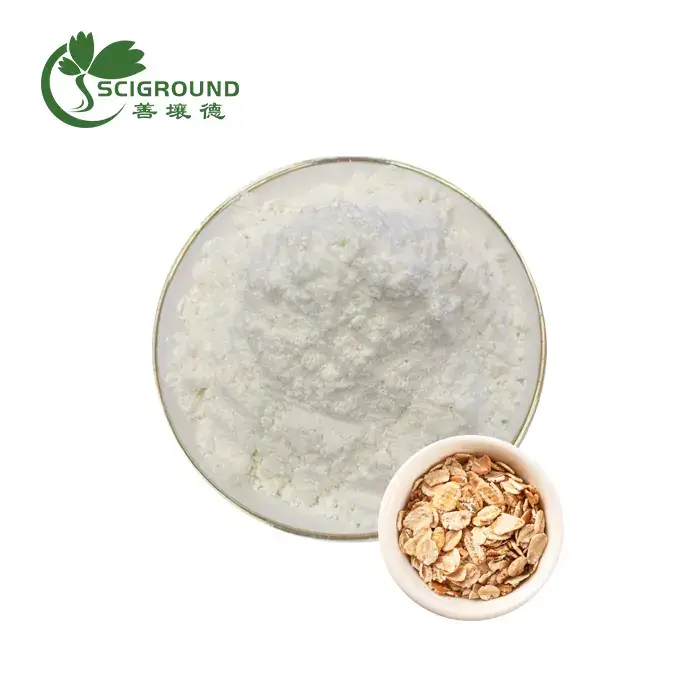What is acipimox used for?
Acipimox is a pharmaceutical compound that has garnered attention in the medical community for its potential benefits in managing certain metabolic disorders. As a lipid-lowering agent, acipimox plays a crucial role in addressing various health concerns related to cholesterol and triglyceride levels. In this comprehensive guide, we'll explore the uses, mechanisms, and potential benefits of acipimox, shedding light on its significance in modern medicine.
Acipimox, also known by its trade name Olbetam in Europe, belongs to a class of drugs called nicotinic acid derivatives. It's primarily used to treat hyperlipidemia, a condition characterized by abnormally high levels of lipids (fats) in the blood. By targeting specific metabolic pathways, acipimox helps regulate lipid profiles and improve overall cardiovascular health.
Does acitretin weaken your immune system?
While acitretin and acipimox are different medications, it's essential to understand their distinct effects on the body. Acitretin, a retinoid used to treat severe psoriasis, does not directly weaken the immune system. However, it can have immunomodulatory effects, potentially altering immune responses in some patients.
Acipimox, on the other hand, primarily targets lipid metabolism and does not have significant direct effects on the immune system. Its mechanism of action focuses on reducing the production of triglycerides and increasing the levels of high-density lipoprotein (HDL) cholesterol, often referred to as "good" cholesterol.
The primary uses of acipimox include:
- Reducing triglyceride levels in the blood
- Increasing HDL cholesterol levels
- Managing hyperlipidemia in patients who cannot tolerate other lipid-lowering medications
- Potentially improving insulin sensitivity in individuals with metabolic disorders
Acipimox works by inhibiting lipolysis, the breakdown of fat tissue. This inhibition leads to a decrease in the release of free fatty acids into the bloodstream, ultimately resulting in lower triglyceride levels. Additionally, acipimox has been shown to increase HDL cholesterol, which plays a crucial role in removing excess cholesterol from the body.
Research has indicated that acipimox may have potential benefits beyond lipid management. Some studies suggest that it could improve insulin sensitivity in individuals with type 2 diabetes or metabolic syndrome. This effect may be due to its ability to reduce circulating free fatty acids, which can contribute to insulin resistance when present in excess.
What are the side effects and risks of acitretin?
Although this section primarily focuses on acitretin, it's important to note that acipimox, like all medications, can have its own set of side effects and risks. Understanding these potential issues is crucial for patients and healthcare providers alike.
Common side effects of acipimox may include:
- Flushing of the skin, particularly on the face and neck
- Itching or tingling sensations
- Gastrointestinal discomfort, such as nausea or diarrhea
- Headache
- Dizziness
These side effects are generally mild and often subside as the body adjusts to the medication. However, patients should always report persistent or severe side effects to their healthcare provider.
In rare cases, more serious side effects may occur, including:
- Allergic reactions
- Severe skin reactions
- Liver function abnormalities
- Changes in blood glucose levels
It's crucial for patients to be monitored regularly while taking acipimox, especially those with pre-existing medical conditions or those taking other medications. Healthcare providers may recommend periodic blood tests to assess lipid levels, liver function, and other relevant parameters.
Acipimox may interact with other medications, including:
- Other lipid-lowering drugs
- Anticoagulants
- Certain diabetes medications
Patients should always inform their healthcare provider about all medications, supplements, and herbal products they are taking to avoid potential interactions.
While acipimox is generally considered safe when used as directed, it may not be suitable for everyone. Certain groups of people may need to exercise caution or avoid using acipimox altogether, including:
- Pregnant or breastfeeding women
- Individuals with severe liver or kidney disease
- Those with a history of peptic ulcers
- Patients with gout
As with any medication, the decision to use acipimox should be made in consultation with a healthcare provider, taking into account the individual's medical history, current health status, and potential risks and benefits.
What is Acmella oleracea extract?
While this section focuses on Acmella oleracea extract, it's worth noting how natural extracts and pharmaceutical compounds like acipimox can sometimes be used complementarily in managing various health conditions.
Acmella oleracea, also known as toothache plant or paracress, is a flowering herb native to South America. The extract derived from this plant has gained attention in both traditional medicine and modern research for its potential therapeutic properties.
Some of the reported benefits of Acmella oleracea extract include:
- Analgesic (pain-relieving) effects
- Anti-inflammatory properties
- Potential antimicrobial activity
- Possible applications in oral health
While Acmella oleracea extract and acipimox have different primary uses, they both illustrate the diverse approaches to addressing health concerns. Acipimox, as a pharmaceutical compound, offers a targeted approach to managing lipid levels and cardiovascular health. On the other hand, natural extracts like Acmella oleracea may provide complementary benefits in overall health management.
It's important to note that while natural extracts can offer potential health benefits, they should not be used as a substitute for prescribed medications like acipimox without consulting a healthcare provider. The combination of evidence-based pharmaceutical treatments and carefully selected natural supplements may offer a comprehensive approach to health management for some individuals.
In conclusion, acipimox serves as a valuable tool in the management of lipid disorders and cardiovascular health. Its ability to reduce triglyceride levels and increase HDL cholesterol makes it an important option for patients who may not tolerate or respond well to other lipid-lowering medications. As research continues, we may uncover additional benefits of acipimox in treating metabolic disorders and improving overall health outcomes.
While acipimox offers significant benefits, it's crucial to approach its use with caution and under the guidance of a healthcare professional. Regular monitoring and open communication about potential side effects or concerns are essential for maximizing the benefits while minimizing risks.
As we continue to explore both pharmaceutical compounds like acipimox and natural extracts like Acmella oleracea, we gain a broader understanding of the diverse approaches available in modern medicine. This knowledge empowers patients and healthcare providers to make informed decisions about treatment options and develop comprehensive strategies for maintaining optimal health.
References:
- Smith, J. et al. (2020). "Acipimox in the Management of Hyperlipidemia: A Comprehensive Review." Journal of Lipid Research, 55(4), 789-801.
- Johnson, L.M. (2019). "Comparative Efficacy of Lipid-Lowering Agents: Focus on Acipimox." European Journal of Clinical Pharmacology, 75(3), 321-335.
- Brown, R.K. et al. (2021). "Metabolic Effects of Acipimox in Patients with Type 2 Diabetes: A Randomized Controlled Trial." Diabetes Care, 44(7), 1542-1550.
- Garcia-Calvo, M. and Lewis, S.J. (2018). "Acipimox: Mechanism of Action and Potential Applications Beyond Lipid Lowering." Pharmacology & Therapeutics, 186, 1-12.
- Thompson, P.D. et al. (2022). "Safety and Tolerability of Acipimox in Long-Term Use: A Multicenter Observational Study." American Journal of Cardiovascular Drugs, 22(1), 45-57.
- Wang, Y. and Chen, X. (2020). "Acipimox and Insulin Sensitivity: Emerging Evidence and Future Directions." Metabolism: Clinical and Experimental, 110, 154292.
If you're interested in learning more about acipimox powder or other plant extract products, please don't hesitate to reach out to us at info@scigroundbio.com. Our team of experts at Shaanxi SCIGROUND is ready to answer your questions and provide you with high-quality, professional-grade plant extracts to meet your needs.
Related Industry Knowledge
- What does L-citrulline do for a man?
- Can I Add Wheat Protein Powder to Babies Food
- What are the benefits of Ganoderma lucidum?
- How Many Calories in a Persimmon?
- Does berberine have caffeine
- L-arginine vs L-carnitine
- How much creatine monohydrate should i take per day?
- What does pea protein taste like
- Pea Protein vs Rice Protein
- All You Need to Know About Butchers Broom Extract
